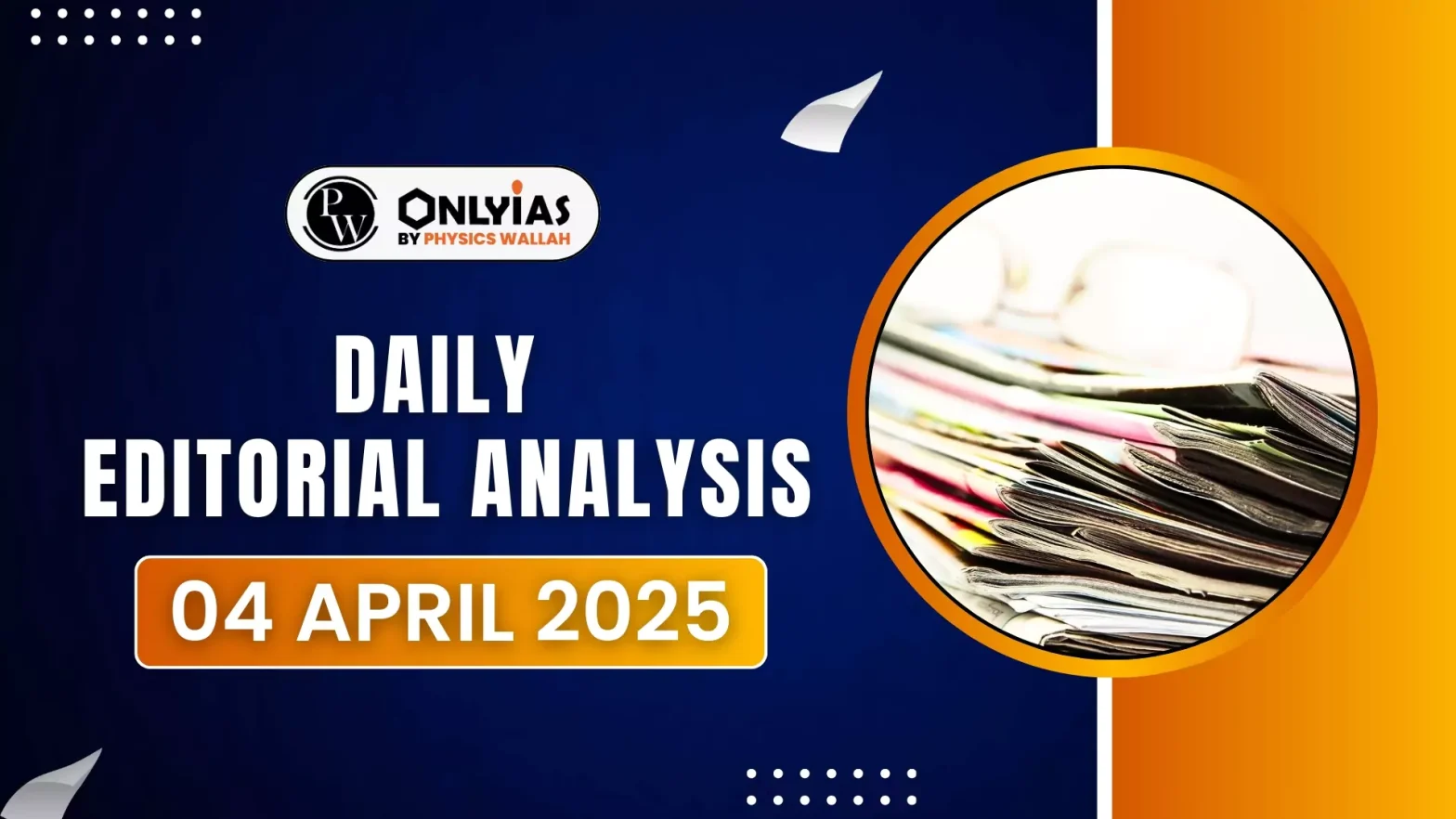Recently, Common Cause, in collaboration with the Lokniti Programme of CSDS, released a report analyzing police violence and torture in India.
- The study is based on interactions with 8,276 police personnel across 17 states and union territories.
- It examines the nature, causes, and factors contributing to police brutality in India.
Custodial Torture in India
- Torture Definition: UN Convention Against Torture (UNCAT) (1984) defines torture as intentional infliction of severe physical or mental pain to extract information, punish, intimidate, or discriminate.
- When carried out by public officials or with their consent, it is considered torture.
- India’s Legal standing: India signed UNCAT in 1997 but has not ratified it, meaning it is not legally bound to implement its provisions.
Key Findings from the Report
- Tough Methods: 55% of police personnel believe it is important to use “tough methods” to instill fear among the public 20% consider it “very important” and 35% consider it “somewhat important.” The definition of “tough methods” is vague, and the report does not clarify when they cross the line into torture.
- Justification of Mob Violence: 25% of police personnel justify mob violence in cases of sexual harassment and child lifting. This indicates that some police tolerate vigilante justice, allowing mobs to act as judge, jury, and executioner.
- Views on Encounter Killings: 22% of police personnel believe that killing “dangerous criminals” is better than a legal trial. However, 74% support proper legal procedures, stating that all criminals, regardless of their crime, should be caught and given a fair trial.
- Adherence to Arrest Procedures: 41% of police personnel say arrest procedures are “always” followed. 24% admit that procedures are “rarely or never” followed.
Kerala reported the highest compliance with 94% police personnel stating procedures are “always” followed.
- Third-Degree Methods: 30% of police personnel justify the use of third-degree methods in serious criminal cases. Shockingly, 9% support third-degree methods even in petty offenses.
- Victims of Police Torture: Torture disproportionately affects marginalized communities, including Adivasis, Dalits, Muslims, Illiterate individuals and slum dwellers.
- Discrepancies: The report highlights discrepancies in custodial death figures provided by different agencies. Different agencies report varying figures for custodial deaths in 2020:
- NCRB: 76 cases
- NHRC: 70 cases
- NCAT (civil society initiative): 111 cases
- Zero convictions were recorded for custodial deaths between 2018-22, raising serious concerns about accountability.
- Police Support: 79% of police personnel support training in human rights. 71% advocate for torture prevention measures. 79% support evidence-based interrogation techniques, which could reduce reliance on coercion.
Issues Associated with Custodial Torture
- Judicial Shortcoming: Magistrates rarely interact with arrested persons, failing to ensure legal safeguards. One lawyer described magistrates as “silent spectators”, not inquiring about arrests or possible torture.
- Medical Shortcomings: Medical examinations of detainees are often conducted by doctors without forensic expertise, leading to flawed assessments. Instances of eye specialists and anesthesiologists conducting these examinations were reported.
- Institutional Failures: Police are the main perpetrators of torture. Magistrates contribute by remaining passive in cases of custodial violence. Doctors fail to properly assess injuries, limiting legal evidence of torture.
- Criticism of NHRC: NHRC has been criticized for not defining torture clearly and displaying a “biased attitude” towards victims of torture.
The report does not explore the factors driving police torture, but key reasons include:
- Causes of Torture: Colonial-era police culture, which prioritizes control over justice. Lack of accountability, allowing police impunity. Political and senior officer pressure for quick results.
- Inadequate police training, leading to reliance on violent methods. Public support for extrajudicial methods, due to slow legal processes.
Torture Across the World
- USA: Guantanamo Bay’s inhumane interrogation methods.
- Iraq: Abu Ghraib prison‘s brutal treatment of detainees.
- Russia, China, and Pakistan: Widespread use of state-sponsored torture.
Way Forward
- Inadmissibility: Judges and lawyers agree that confessions to police should remain inadmissible in court. However, past committees have suggested reforms:
- Malimath Committee (2003): Proposed that confessions made before a Superintendent of Police (SP) or higher be admissible, with safeguards.
- Law Commission of India (69th Report, 1977): Suggested introducing Section 26A in the Indian Evidence Act to allow confessions before senior police officers.
- Enactment of a Law: India must enact a dedicated anti-torture law.
- Ratifying: Ratify the UN Convention Against Torture (UNCAT) to legally commit to ending torture.
- Independence of Police: Ensure police independence from political pressure, as mandated by the Supreme Court.
- Strengthening Human Rights: Strengthen human rights training and forensic medical evaluations.
Conclusion
Torture must never be justified under any circumstances. Implementing reforms and legal safeguards will help transform the police into a humane, professional force. Upholding the rule of law and human rights will ultimately strengthen public trust in law enforcement.
![]() 4 Apr 2025
4 Apr 2025

